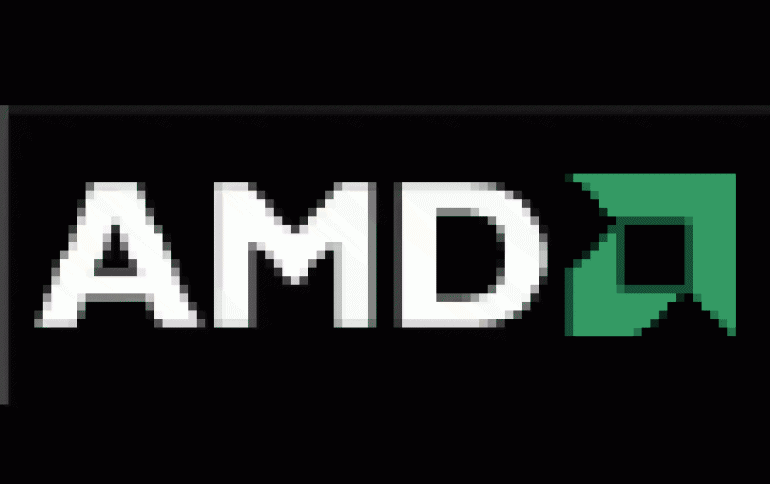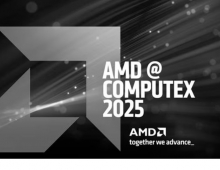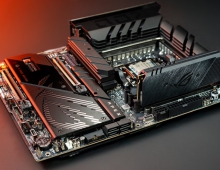
AMD To Stick To Existing 28nm Foundry Source Despite Tight Supply
AMD is not seeking to contract more foundry suppliers than Taiwan Semiconductor Manufacturing Co. (TSMC) and GlobalFoundries Inc., despite the tight supply of 28nm foundry process worldwide.
Undersupply of 28nm process at TSMC has prompted Qualcomm to shift part of its contracts to United Microelectronics Corp. (UMC), Samsung Electronics and GlobalFoundries. Nevertheless, AMD said during a recent institutional investor conference that it it has no plan to add foundry sources for the time being as it has not felt the impact of the short supply.
AMD has set its 28nm outsourcing plan for 2013, retaining TSMC as contract supplier of its graphic chip Sea Islands and GlobalFoundries as contract supplier of its accelerated processing unit Kaveri. TSMC is also estimated to win contracts to make AMD?s embedded APU Kabini and low-priced APU Temash, which will migrate to 28nm process in 2013.
AMD's product lineups for the second half of this year include the 28nm graphic chip Southern Islands to TSMC and the 32nm SOI APU Trinity to GlobalFoundries.
The company also plans to farm out production of its 40nm APU Hondo for Windows 8 tablet PCs to the foundry giant sometime in the second half of this year. AMD Chief Executive Officer Rory Read estimated Windows-powered tablets would take up 20% of global market for tablets over the next three years.
AMD's latest financial figures for the second quarter of 2012 included revenues of US$1.41 billion, 10% lower than a year earlier. The company also generated profits of US$37 million in the second quarter, compared to US$61 million earned a year ago.
The lower-than-expected revenue and earnings were attributed to the "overall weakness in the global economy, softer consumer spending and lower channel demand for our desktop processors in China and Europe made the closing weeks of the quarter challenging."
AMD has set its 28nm outsourcing plan for 2013, retaining TSMC as contract supplier of its graphic chip Sea Islands and GlobalFoundries as contract supplier of its accelerated processing unit Kaveri. TSMC is also estimated to win contracts to make AMD?s embedded APU Kabini and low-priced APU Temash, which will migrate to 28nm process in 2013.
AMD's product lineups for the second half of this year include the 28nm graphic chip Southern Islands to TSMC and the 32nm SOI APU Trinity to GlobalFoundries.
The company also plans to farm out production of its 40nm APU Hondo for Windows 8 tablet PCs to the foundry giant sometime in the second half of this year. AMD Chief Executive Officer Rory Read estimated Windows-powered tablets would take up 20% of global market for tablets over the next three years.
AMD's latest financial figures for the second quarter of 2012 included revenues of US$1.41 billion, 10% lower than a year earlier. The company also generated profits of US$37 million in the second quarter, compared to US$61 million earned a year ago.
The lower-than-expected revenue and earnings were attributed to the "overall weakness in the global economy, softer consumer spending and lower channel demand for our desktop processors in China and Europe made the closing weeks of the quarter challenging."





















